When college students in Tura, Meghalaya, were asked this question, these are the answers they came up with. Their replies show what young people see as priorities today in their setting. It would be interesting to ask the same question to young people in other parts of India.
- If I were a politician, I would ban alcohol completely in Meghalaya. I would give employment to unemployed people, bring about infra-structural development, and develop the tourism industry. (Bidansal M. Sangma, 5th semester B.Sc)
- If I were a politician…I would first repair all the roads of the Garo hills and try to promote tourism so that it would help unemployed people in earning their livelihood. (Tange Chenang B. Marak: 5th Semester B.Sc.)
- “First and foremost, I will develop the transportation system in the entire Garo hills so that tourists will come and our economy will improve. Secondly, for those who don’t want to go to school, I will strive to provide opportunities to live on their talents—opportunities to develop their talents and earn their livelihood. Thirdly, since I’m elected by the people, I will work for the people. I will listen to their demands and try to fulfill them, provided they are meant for nation-building. (Chigarikkim K. Marak, 5th Commerce)
- “I will develop the entire Garo hills and our State of Meghalaya. Students are not getting admission into colleges. Therefore, I will welcome the setting up of more colleges. This will open up opportunities for higher education for our youth.
I will have an airport in Jengjal, in the Garo hills; and railway stations, too, since affordable transportation is a big problem in the North-East India. This will boost economy, trade and commerce—and therefore better livelihoods. (Aleg Friedial G. Momin, 5th Semester Commerce)
- “We need development. But small development leads to big development. Since in our country, rape is rampant, I will ensure safety of women, using new technology. For example, using drones in crowded places; and in secluded places, I will get CCTV cameras installed.
“Irrigation is most important. As of now, we are depending on the mercies of nature. If there is better irrigation, there will be better income for the farmers. I will campaign for better irrigation facilities for our farmers.
“There are many government welfare schemes for the poor, but they are not reaching the poor. If the scheme is of Rupees one lac, the poor receive only about Rupees 20,000. The rest goes to the pockets of the officials. So I would use new technologies to ensure that the beneficiaries get the entire amount meant for them.
“I would include more youth as my workers; and train them to face the future by giving them more opportunities for exposure. Youth have new ideas, so I will take their help, so we can discuss together for betterment of the public.” ( Pongrike Nikgam A. Sangma)
- “As someone who grew up in the village and attended government schools, I will ensure that the government schools in the village function in a better way, by appointing well qualified and sufficient teachers for all subjects. I would make available building funds for the school, to improve infrastructure like laboratories, library and
I will develop the roads in the villages, connecting each village.” (Pappose N Sangma)
- “I will make self-defence compulsory in every school, especially for girls, so that they can protect themselves from sexual assaults and sexual harassment.” (Dipu D Shira)
(Replies collected by Sr Mariola Sequeira SMA)
To subscribe to the magazine Contact Us
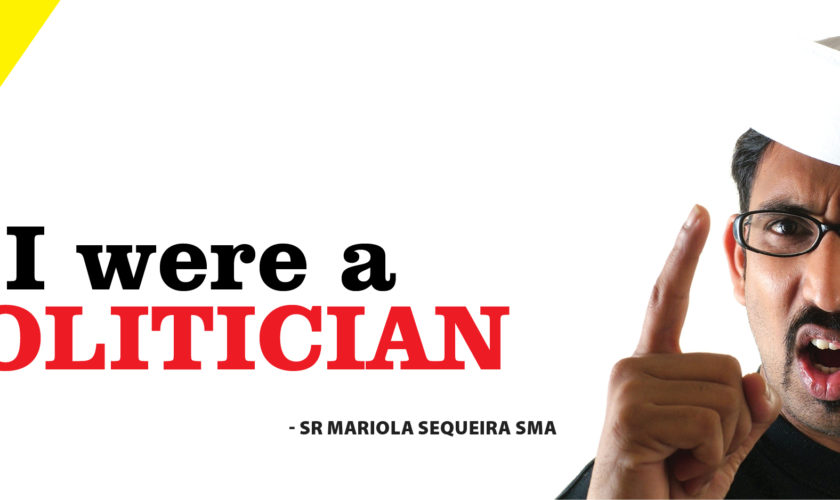
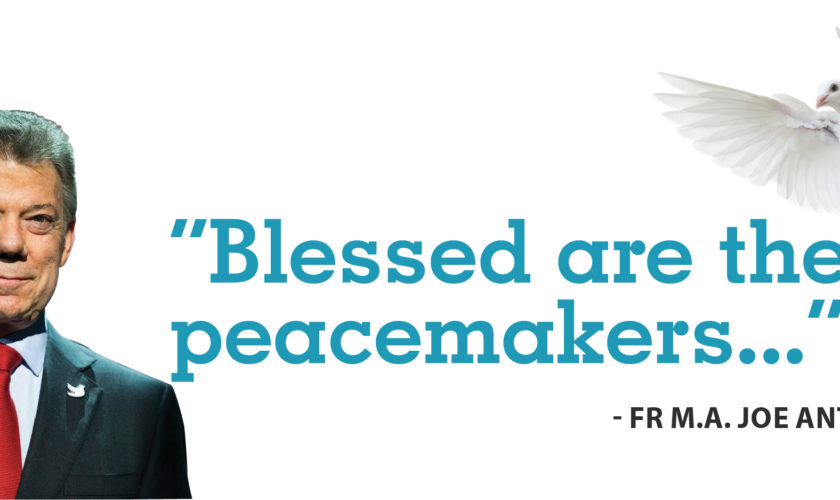

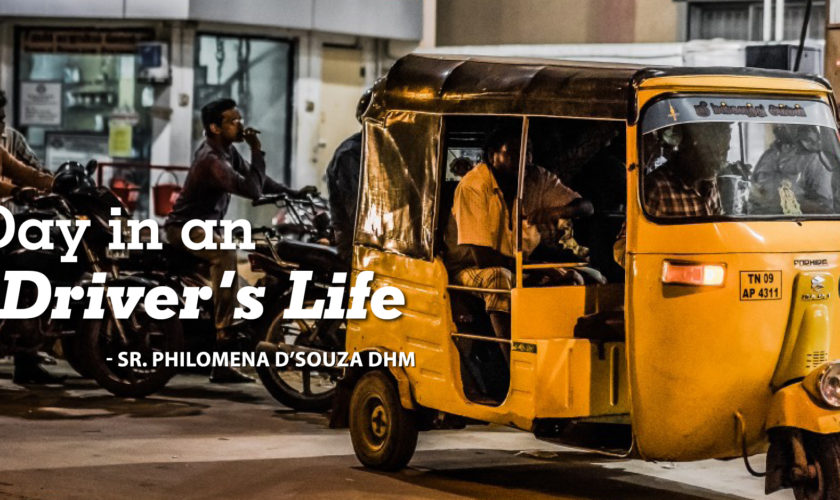



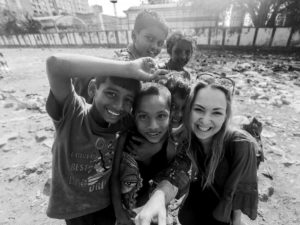
 In India, we tend to take the services of people for granted, and think we need not thank people, especially those we see as “below us.”
In India, we tend to take the services of people for granted, and think we need not thank people, especially those we see as “below us.”
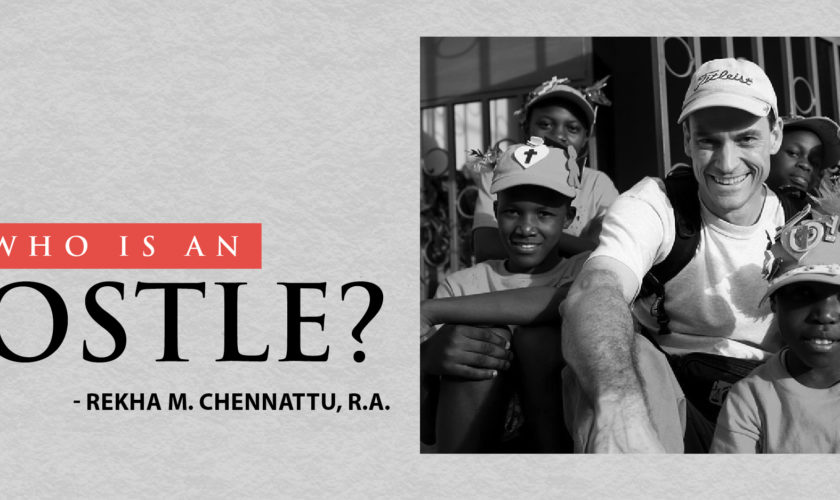
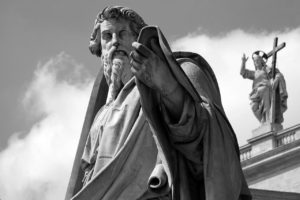 The Synoptic Gospels – Matthew, Mark and Luke – focused on the use of the term apostles for the Twelve or the disciples who accompanied Jesus during his earthly ministry and witnessed the resurrection. Luke, who employed the term more frequently than the other evangelists, also used the term apostle to denote someone fully authorized to represent the person on whose behalf the envoy comes or to be a witness to the claim of the one who sends. The same meaning is implied in the sending of the disciples by Jesus and the delegation of Barnabas and Paul by the Church of Antioch.
The Synoptic Gospels – Matthew, Mark and Luke – focused on the use of the term apostles for the Twelve or the disciples who accompanied Jesus during his earthly ministry and witnessed the resurrection. Luke, who employed the term more frequently than the other evangelists, also used the term apostle to denote someone fully authorized to represent the person on whose behalf the envoy comes or to be a witness to the claim of the one who sends. The same meaning is implied in the sending of the disciples by Jesus and the delegation of Barnabas and Paul by the Church of Antioch.


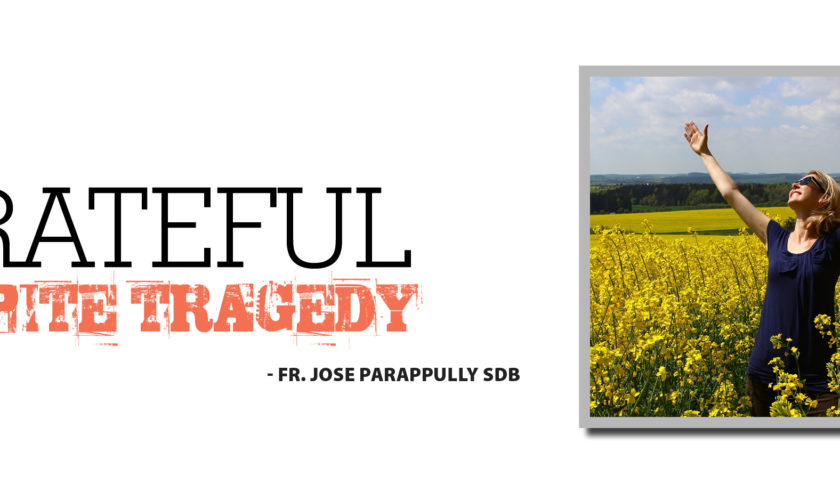
 Gratitude is much more than saying “thank you” to someone who has given us a gift or helped us in some way, or to God for a blessing received. Gratitude, as defined in research literature, is “the capacity to feel the emotion of thankfulness on a regular and consistent basis, across situations and over time.” In other words, gratitude is a disposition that accompanies us through good times and bad; when things go well and things wrong, through success and failure.
Gratitude is much more than saying “thank you” to someone who has given us a gift or helped us in some way, or to God for a blessing received. Gratitude, as defined in research literature, is “the capacity to feel the emotion of thankfulness on a regular and consistent basis, across situations and over time.” In other words, gratitude is a disposition that accompanies us through good times and bad; when things go well and things wrong, through success and failure.
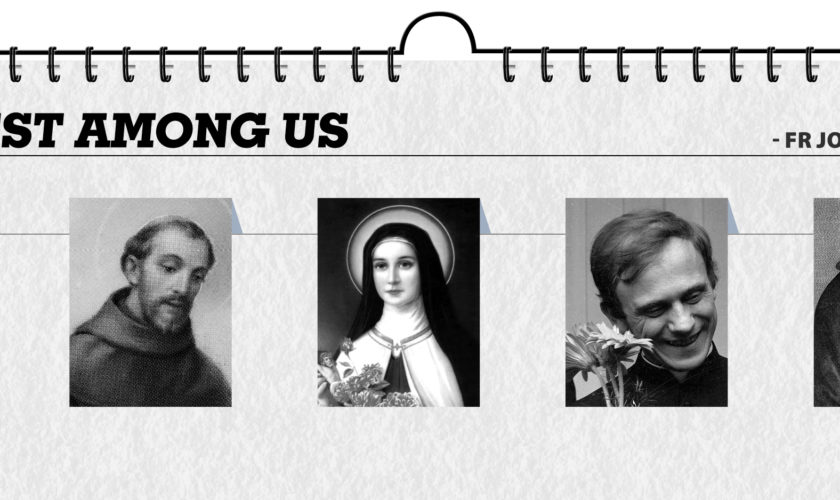

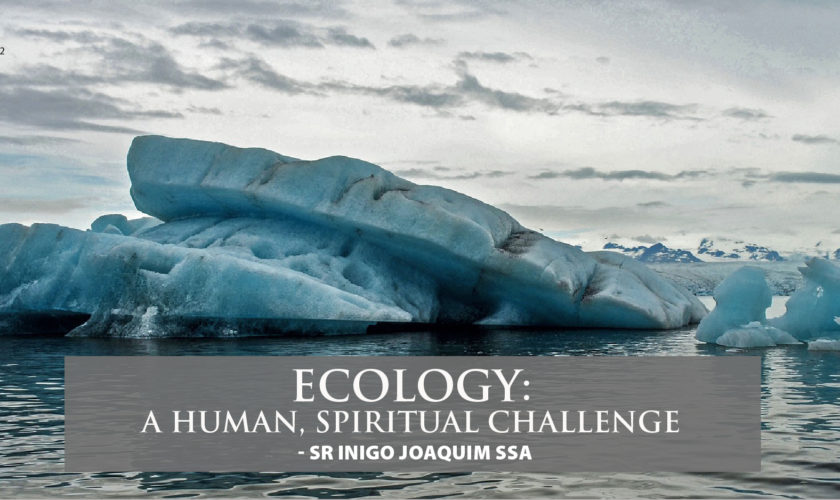
 The greenhouse effect will cause and is already causing extreme weather conditions: devastating droughts in some places, killer floods in other places, widespread failure of agriculture and therefore food scarcity and, most destructive of all for the human race, the rising of sea-levels everywhere. Sea levels will rise, because the warming of the oceans will expand the volume of water. At first it was thought that such results were still a long way off. But the scientists now announce that global warming is happening much faster than had been anticipated and it will soon cause a permanent, world-wide, giant tsunami. As a result, all forms of marine life will be affected. This is called the depletion of bio-diversity. No one had previously fully realized that this would be one of the effects of global warming. The human race itself may die. We need to give up the idea of having unlimited resources. Our wants have become needs. This is suicidal for humanity. There is no use blaming just selfish business people. We are also responsible for it to some degree.
The greenhouse effect will cause and is already causing extreme weather conditions: devastating droughts in some places, killer floods in other places, widespread failure of agriculture and therefore food scarcity and, most destructive of all for the human race, the rising of sea-levels everywhere. Sea levels will rise, because the warming of the oceans will expand the volume of water. At first it was thought that such results were still a long way off. But the scientists now announce that global warming is happening much faster than had been anticipated and it will soon cause a permanent, world-wide, giant tsunami. As a result, all forms of marine life will be affected. This is called the depletion of bio-diversity. No one had previously fully realized that this would be one of the effects of global warming. The human race itself may die. We need to give up the idea of having unlimited resources. Our wants have become needs. This is suicidal for humanity. There is no use blaming just selfish business people. We are also responsible for it to some degree.
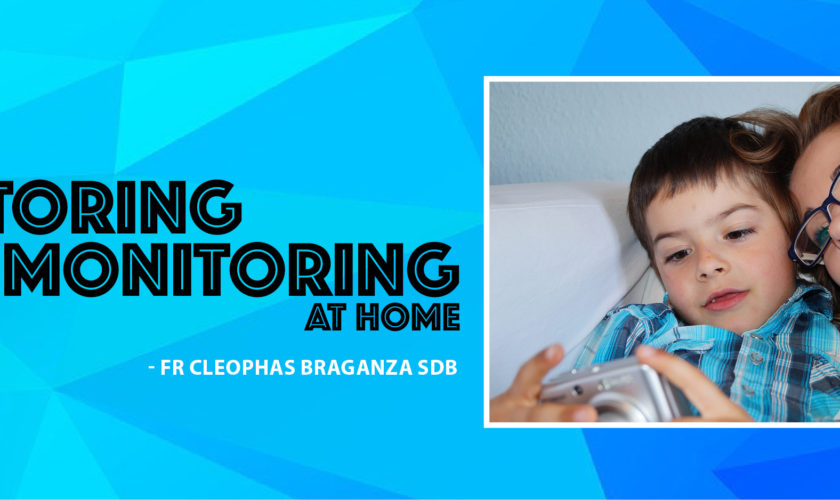
 Parents could begin by laying down simple ground rules at home. For example: the child will not watch TV or play a video game until s/he has completed the homework; children will not touch any electronic devices during meals; they will inform their parents where and with whom they are going out; they will share their social media passwords and device lock codes with their parents. At first, especially if such things weren’t demanded earlier, children could react with tantrums, sulking or aggressiveness. It is important that parents shouldn’t give in to such emotional manipulation by their children, but be able to calmly explain the reason why they are demanding something and how it is beneficial to them and to the family. It is also essential that both parents agree on the rules and conditions to be implemented at home; if not, children are extremely clever at playing one parent against the other.
Parents could begin by laying down simple ground rules at home. For example: the child will not watch TV or play a video game until s/he has completed the homework; children will not touch any electronic devices during meals; they will inform their parents where and with whom they are going out; they will share their social media passwords and device lock codes with their parents. At first, especially if such things weren’t demanded earlier, children could react with tantrums, sulking or aggressiveness. It is important that parents shouldn’t give in to such emotional manipulation by their children, but be able to calmly explain the reason why they are demanding something and how it is beneficial to them and to the family. It is also essential that both parents agree on the rules and conditions to be implemented at home; if not, children are extremely clever at playing one parent against the other.